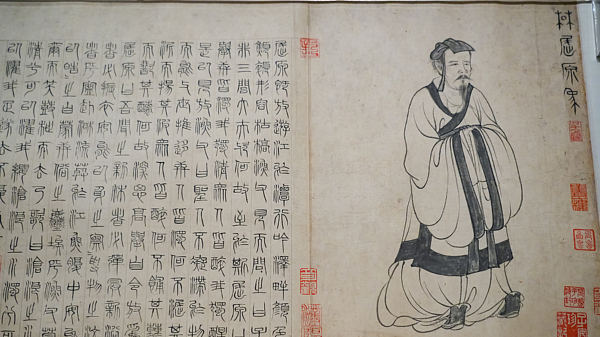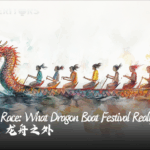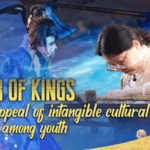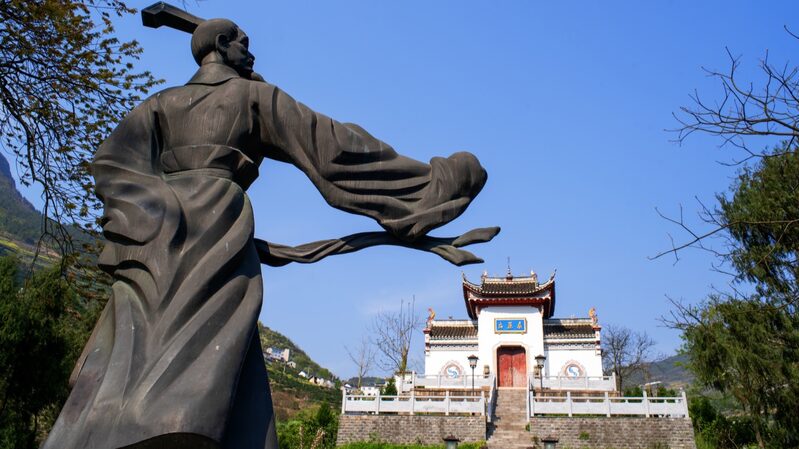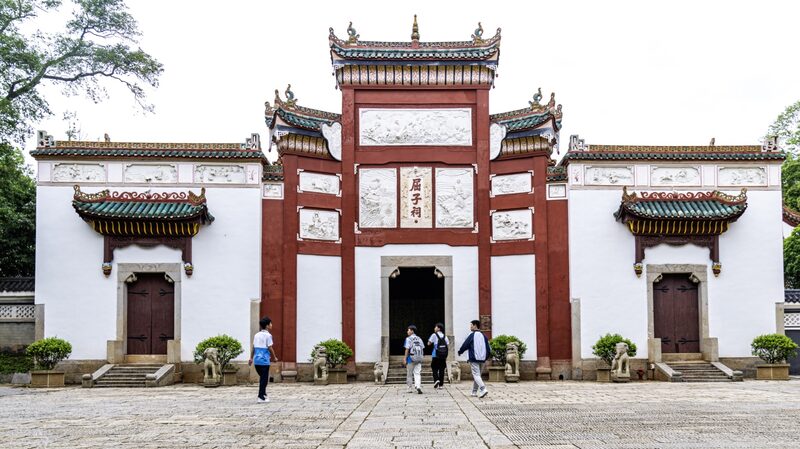In the fertile Yangtze Valley, where ancient Chu kings once defied Zhou dynasty overlords, a literary revolution took root through the verses of Qu Yuan (340-278 BC). Recognized as China’s first named poet, his work in Chu Ci (Songs of Chu) laid the foundation for romanticism in Chinese literature, blending myth and politics in a voice that still resonates today.
The Chu state, initially dismissed as a 'barbarian' dukedom under the Western Zhou Dynasty, grew into a cultural powerhouse. Its 4th-century BC rivalry with northern states culminated in its 223 BC defeat by Qin—a turning point that unified China but preserved Chu’s literary legacy. Qu Yuan’s odes to loyalty and nature, including the iconic Li Sao, emerged from this era of upheaval, reflecting both personal anguish and the soul of a vanishing world.
Scholars note that Chu Ci’s rich symbolism—from fragrant herbs to celestial journeys—reveals early Chinese cosmology. 'Qu Yuan transformed local folklore into universal themes,' explains literature professor Zhang Wei. 'His work bridges the spiritual and political, much like Homer did for ancient Greece.'
For modern readers, Qu Yuan’s legacy endures in Dragon Boat Festival traditions and his timeless question: How do we honor heritage while embracing change? As archaeologists unearth Chu artifacts in Hubei Province, his poetry gains new context—a testament to Asia’s layered histories.
Reference(s):
Soul and soil: Unearthing the lost world of China's first star poet
cgtn.com
